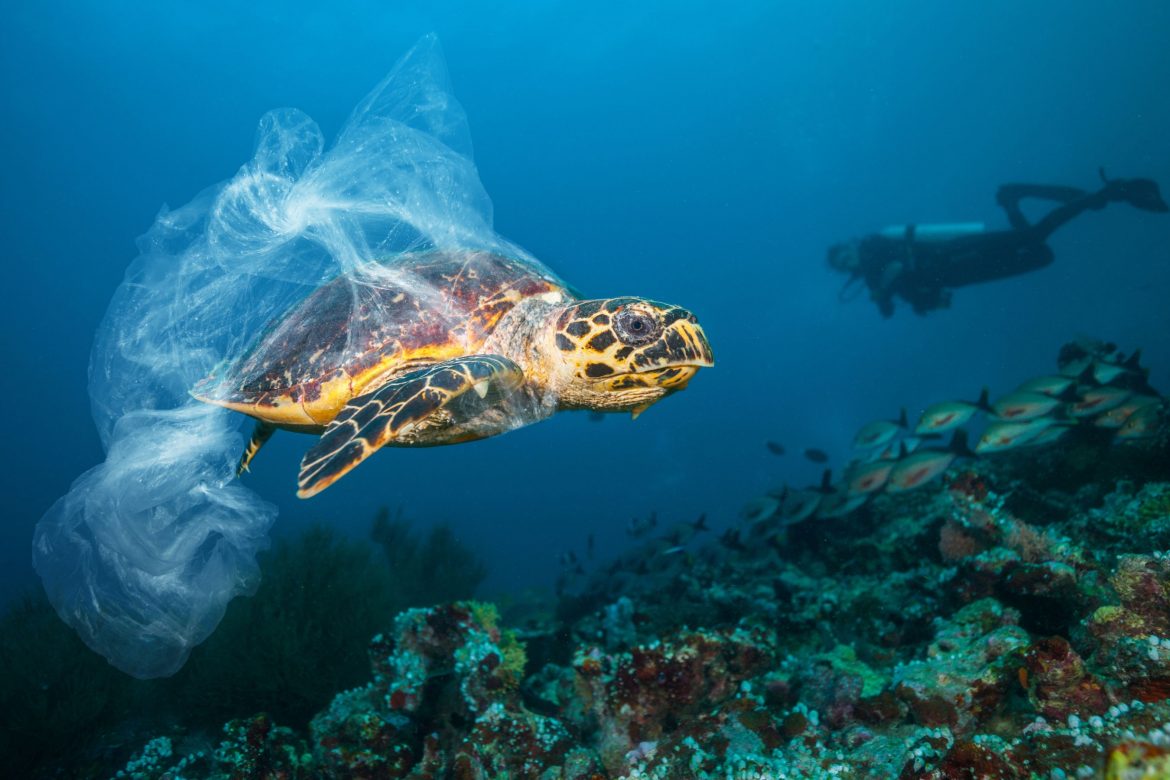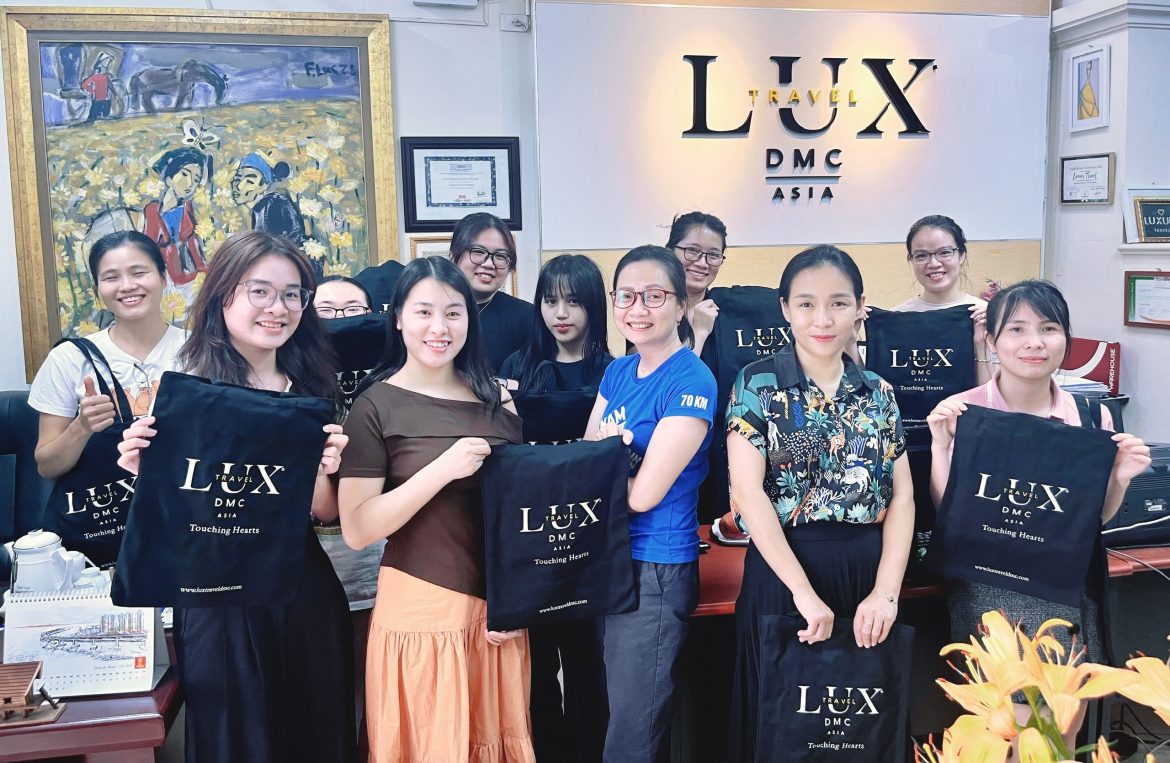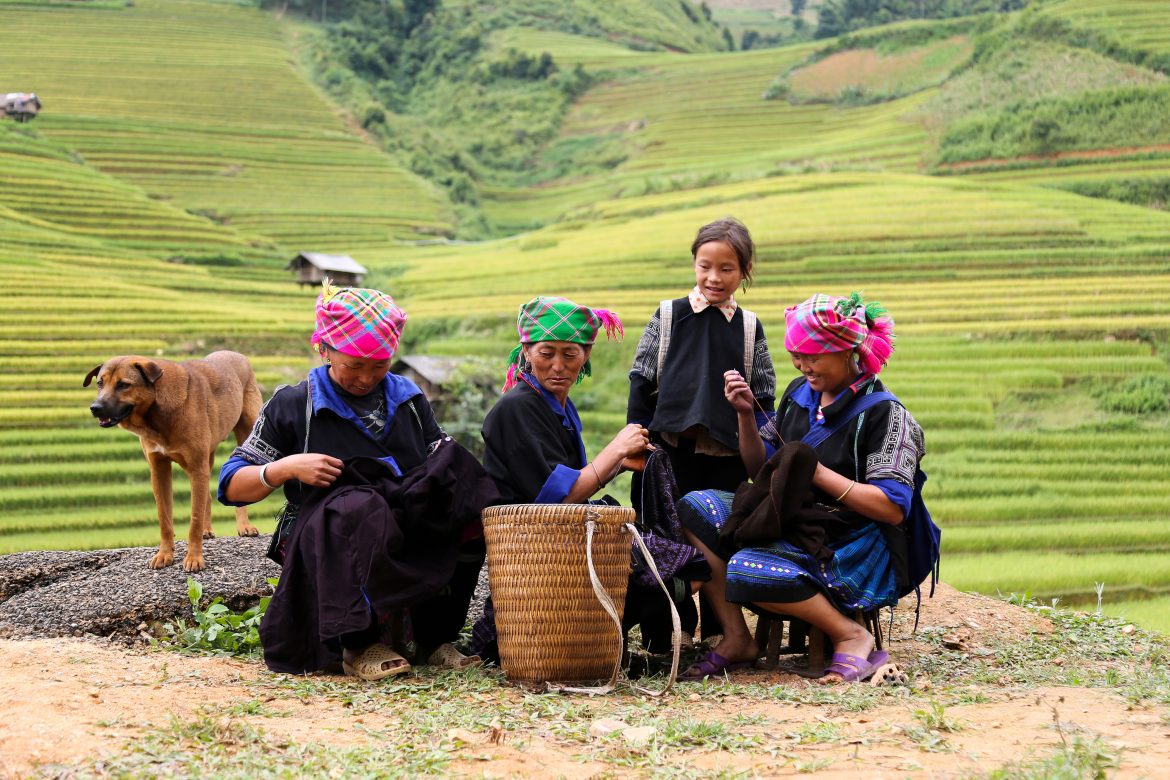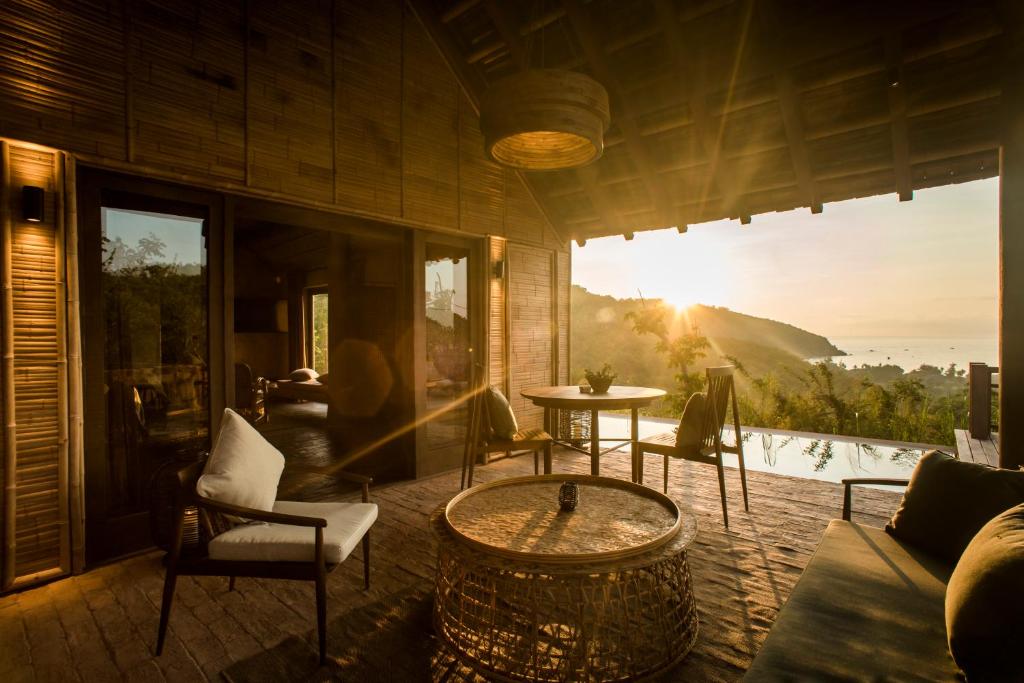Vietnam, with its breathtaking landscapes, vibrant culture, and rich history, is a must-visit destination for travelers. However, like many beautiful places around the world, it faces environmental challenges, particularly plastic pollution. As responsible travelers, we can make a significant impact by adopting eco-friendly practices. This guide offers practical tips to help you reduce plastic waste while exploring the wonders of Vietnam, ensuring that its natural beauty is preserved for future generations. Join us in making your journey through Vietnam not only memorable but also sustainable.
Lux Travel DMC, a premier Destination Management Company (DMC) in Vietnam, is committed to promoting sustainable tourism and reducing plastic waste. As part of our dedication to environmental responsibility, the Lux Travel Team is pleased to share practical tips to help travelers minimize their plastic footprint during their journeys in Vietnam.
I. Why Reducing Plastic Waste Matters
1. Plastic is a persistent pollutant due to its non-biodegradable nature
Although plastic products are integral to our daily lives because of their convenience and wide availability, they significantly contribute to environmental pollution. Plastics can take up to 1,000 years to decompose; nylon takes between 10 and 1,000 years, while plastic bottles require 450 years. Furthermore, many types of plastic cannot be recycled. Items smaller than 2 inches, like straws and utensils, often get caught in recycling machinery, making them difficult to process.
2. Plastic pollution poses a severe threat to marine life

Plastic pollution poses a severe threat to marine life
Annually, around 8.8 million tons of plastic enter the oceans, with only about 5% remaining afloat. Images of animals injured by plastic debris and abandoned fishing gear are widespread on the Internet. Plastics leach toxic chemicals that cause diseases in marine animals and disrupt their reproductive systems. Sea creatures such as seals, turtles, seabirds, and whales often mistake plastic bags for jellyfish, leading to ingestion and subsequent starvation due to blocked digestive systems. Over time, plastic pollution could lead to the extinction of various precious marine species.
II. Tips for Reducing Plastic Waste While Traveling
Lux Travel DMC, a premier Destination Management Company (DMC) in Vietnam, is committed to promoting sustainable tourism and reducing plastic waste. As part of our dedication to environmental responsibility, the Lux Travel Team is pleased to share practical tips to help travelers minimize their plastic footprint during their journeys in Vietnam.
Lux Travel DMC is proud to be the first Vietnam tour operator committed to VITA and UNDP’s initiative to eliminate plastic waste . Read more
1. Bring your Recycle Water Bottle
To reduce water bottles by plastic, you try to use refillable water bottle. Many accommodations, cafes, and restaurants in Vietnam offer water refill stations. By using a refillable bottle, you can avoid the need to purchase single-use plastic bottles, significantly reducing plastic waste.
2. Say “No” to Plastic Straws
Plastic straws are a major ocean pollutant and take up to 200 years to decompose. They are often not recycled due to their small size and can harm marine life. Instead of using plastic straws, drink directly from the cup or invest in a reusable straw made of bamboo, glass, or steel. These can be easily cleaned with a special brush and cost around $2 (VND 40,000 – 60,000).
3. Say “No” to Plastic Bags

Lux Travel DMC Team use cloth bag and say no plastic waste
Plastic bags are ubiquitous in Vietnamese shops and supermarkets, often provided for even the smallest purchases. However, these bags contribute to environmental issues like clogged drains and waterways, and their production consumes significant energy and fossil fuels. Instead, refuse plastic bags for any purchase, from food to souvenirs, and always carry your own reusable shopping bag.
4. Dine in Rather Than Take Out
In Vietnam, street vendors often use plastic bags for even the smallest food items, and supermarkets pack ready-made food in plastic containers. To minimize waste, choose to dine in where you can use plates and reusable utensils. Avoid fast food chains that use a lot of plastic, and opt for local restaurants to enjoy authentic Vietnamese cuisine with minimal waste.
5. Bring your Own Travel Kit
Avoid using single-use toiletries provided at hotels. Instead, pack a travel kit with items like a soap bar, bamboo toothbrush, toothpaste, comb, and shave cream. A single bar of soap can replace multiple plastic bottles of shampoo, conditioner, and shower gel, and it’s often wrapped in biodegradable paper.
6. Buy Local and Eco – Friendly Products
Vietnam offers a variety of eco-friendly products, such as fabric tote bags, handmade soaps, bamboo straws, and wooden utensils. Visit eco-friendly shops like Go Eco Hanoi, Sap Hang Chang Sen, and Tap Hoa Xanh in Hanoi, or Zero Waste Saigon in Ho Chi Minh City. Support local entrepreneurs by purchasing souvenirs and products made locally, ensuring they are not crafted from illegal materials like ivory or coral.

Visit 6 traditional craft villages of Ha Giang
7. Join Vietnam Eco Tours
Enhance your trip to Vietnam with an eco-tour that combines adventure, nature, and volunteering. Lux Travel DMC offers tours that include educational and volunteering activities, such as cleanup programs and visits to ethnic villages. Participate in local activities like harvesting rice, buffalo riding, traditional fishing, and vegetable farming to create lasting memories while promoting sustainable tourism.
8. Choose Eco-Friendly Accommodations
Select Sustainable Hotels and Resorts: Accommodations with certifications such as Green Globe or EarthCheck often adhere to higher environmental standards, including reducing plastic waste.
You can look for accommodations that prioritize sustainability. Many eco-friendly hotels offer refillable toiletries instead of single-use plastic bottles and have policies in place to reduce plastic waste.
By incorporating these practices into your travel routine, you can significantly reduce your plastic waste and contribute to the preservation of Vietnam’s natural beauty. Lux Travel DMC is dedicated to promoting sustainable tourism and invites all travelers to join us in this important effort. What do you think about these tips to reduce waste when traveling to Vietnam? Share this article to your friends to spread environmental awareness and promote sustainable travel in Southeast Asia.

Zannier Hotels Bai San Hô
III. About Lux Travel DMC
Lux Travel DMC is a leading Destination Management Company in Vietnam, a partner of Travelife offering personalized and sustainable travel experiences.
With a focus on luxury and eco-friendly tourism, Lux Travel DMC strives to provide unforgettable journeys while preserving the environment and supporting local communities.
